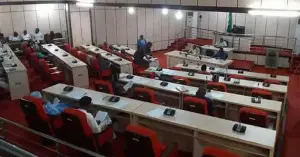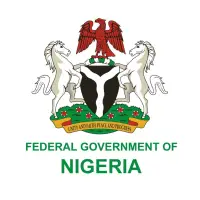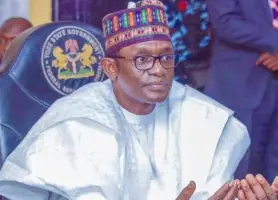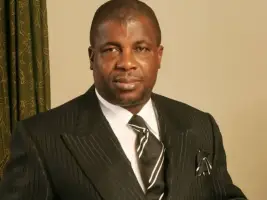The President General of the Unity Schools Old Students Association (USOSA), Michael Magaji, has expressed deep concern over the deteriorating state of public education in Nigeria, citing inadequate infrastructure and resources in most public schools.
Speaking during the 44th USOSA Plenary Session held in Enugu over the weekend, Magaji painted a grim picture of the current educational landscape in the country.
"Let's be honest. The present state of public education in Nigeria is not where it should be. According to UNESCO, over 20 million Nigerian children are out of school," he stated. "That's not just a statistic—that's a generation at risk. Many schools still operate without electricity, internet connectivity, desks, and even trained teachers."
Smart School Model as a Solution
Despite the challenges, Magaji commended the Enugu State Government for its pioneering efforts in smart and digital education, describing it as a bold step toward transforming public education in Nigeria. He suggested that these smart schools could serve as models for other state governments across the country.
Addressing alumni, government officials, education stakeholders, and tech innovators, Magaji praised Governor Peter Mbah for "raising the stakes in education service delivery."
"Just eleven months ago, USOSA held an Education Summit on digital learning and transformation for the 21st-century child. I am glad to see that we have moved from strategy to practice," he said.
He urged state governments to adapt their education service delivery systems to meet the demands of the digital age, emphasizing that smart schools strengthen critical thinking, creativity, and digital skills in students.
"This new pedagogy pivots from the traditional uni-directional instruction to a more interactive and active transformation where students not only learn but co-create improved learning outcomes," Magaji explained.
USOSA's Commitment to Education
Magaji identified access as the major challenge but noted that with political will, investment, and collective action, available potential could be turned into progress. He affirmed that USOSA would continue to play a significant role in national growth and development by advocating for smart and impactful education policies at both federal and state levels.
"We will continue to advocate not only for increased fund allocation to the education sector but even more importantly to advocate and participate in monitoring the governance of such funding," he assured.
"We will continue to partner with the government and the private sector to deliver teacher training and digital infrastructure. And yes, as Alumni, we must return to our schools—not just to give back, but to give forward. Let us continue to adopt schools, mentor students, and fund innovation labs in our alma mater."
Enugu State's Vision for Education
Professor Chidiebere Onyia, Secretary to the Enugu State Government, who represented Governor Peter Mbah at the event, emphasized the vision behind the state's smart school model. He noted that many had dismissed Governor Mbah's ambitions, such as raising the state's GDP from $4.4 billion to $30 billion, as theoretical, but they are now seeing it come to life.
"Some thought his plans were just academic exercises. But we're already seeing the products. The governor doesn't just see education as a huddle of delivery, it's part of a whole ecosystem for transforming the economy," Onyia said.
"What we are doing is beyond the typical 4-8-year political cycle. These smart green schools are about building a learning culture that sustains economic growth, addresses unemployment, and improves security."
Follow BenriNews on social media for more updates:













